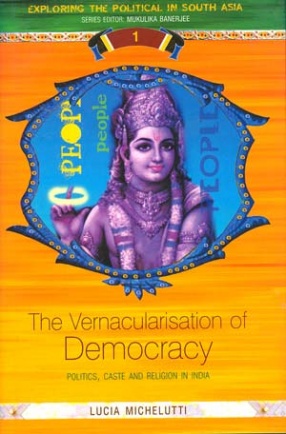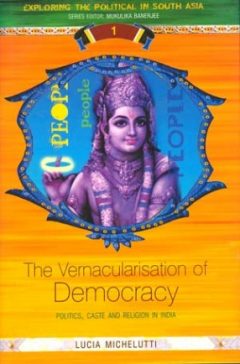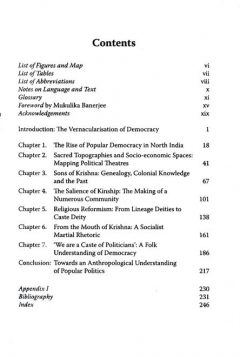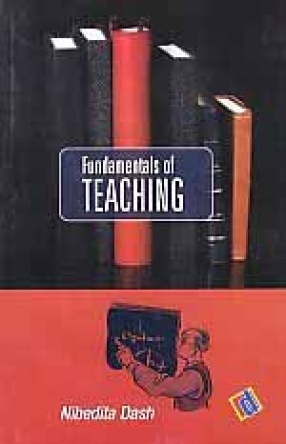During the 1990s Indian democracy witnessed an upsurge in the political participation of lower castes/communities and the emergence of political leaders from humble social backgrounds who presented themselves as promoters of social justice for underprivileged communities. This book is a vivid account of how Indian popular democracy works on the ground. Setting itself against conventional theories of democratisation, the book shows how the political rise of one of the most assertive and politically powerful communities in north India–the Yadavs–is situated within a wider process of the vernacularisation of democratic politics, foregrounding the ways in which values and practices of democracy become embedded in particular cultural and social practices, and thus become entrenched in the consciousness of common people. Drawing on a large body of archival research and combining ethnographic material with colonial and post-colonial history, the book shows how the analysis of local idioms of caste, kinship, kingship, popular religion, 'the past' and politics ('the vernacular) inform popular perceptions of the political world, and how the democratic process in turn shapes ideas and practices of 'the vernacular'. It provides a novel framework to understand the unique experience of Indian democracy, as well as the rise of popular politics and its meaning in different parts of the world. Scholars of comparative politics, development politics, religious studies, urban studies, anthropology and social history will find this book especially interesting.
The Construction of a Political Community: Integration and Identity in Goa
Throughout the world, ...
$21.60
$24.00






There are no reviews yet.